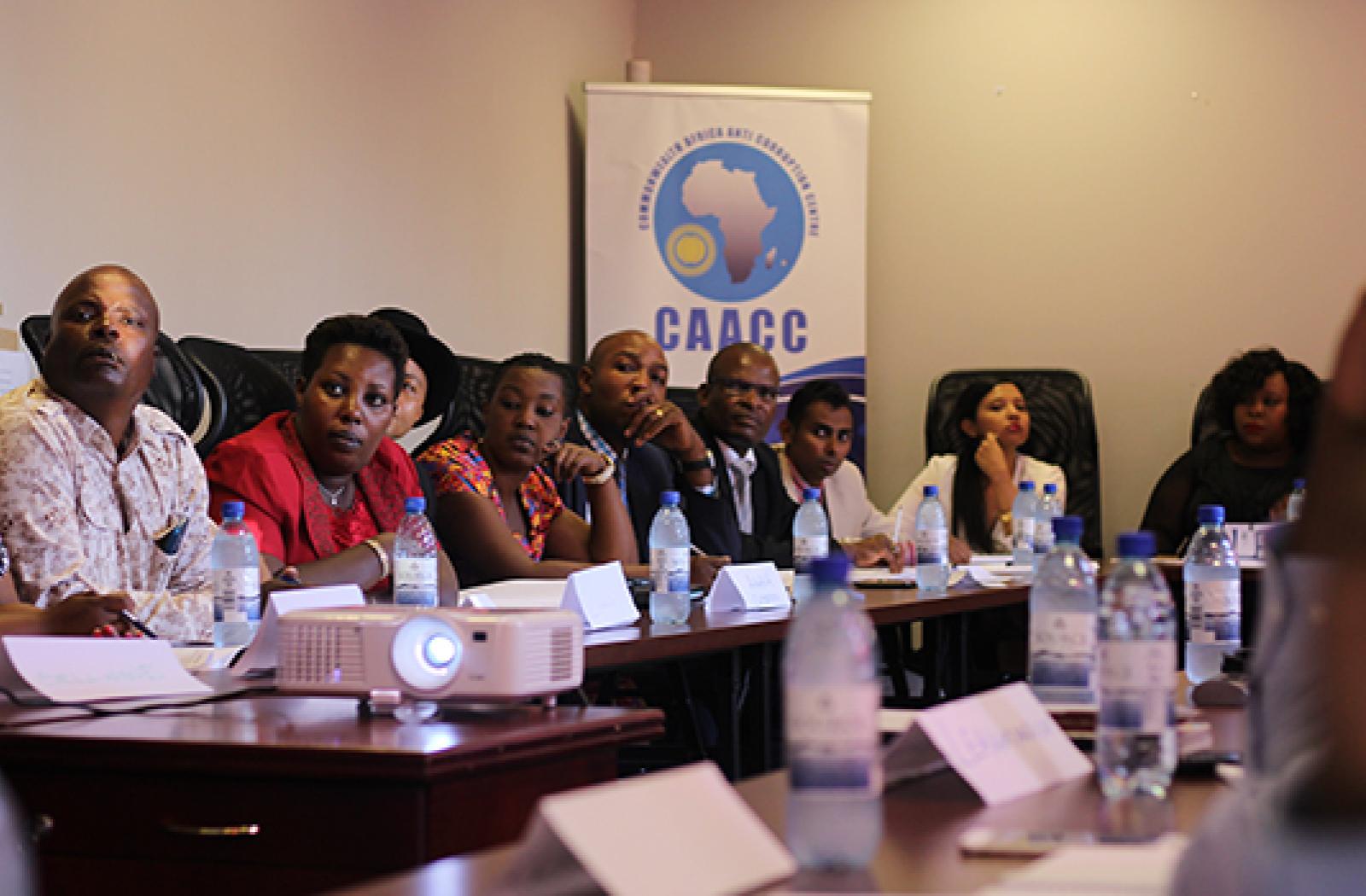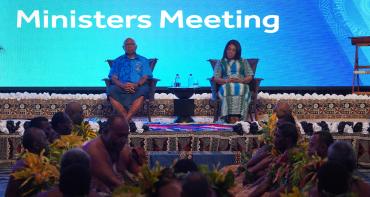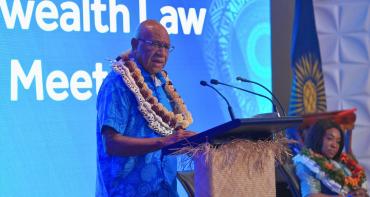Anti-corruption agencies in Africa have received training from the Commonwealth on how to best manage evidence in corruption cases.

Anti-corruption agencies in Africa have received training from the Commonwealth on how to best manage evidence in corruption cases.
The Commonwealth Secretariat ran a course last week for agency officials from 18 countries at the Commonwealth Africa Anti-Corruption Centre, in Gaborone, Botswana.
More than 25 investigators and officials from 18 countries in Africa participated in the programme, which will help them to successfully prosecute corruption cases by improving their handling of evidence.
Dr Roger Koranteng, head of public sector governance at the Commonwealth Secretariat, said the course looked at advanced techniques and standard operating procedures for managing criminal evidence for court proceedings.
“These training courses provide a further visible and tangible demonstration of the Commonwealth’s commitment to support its members’ anti-corruption efforts, through capacity building, continuous learning, exchange of best practices and sharing solutions to common anti-corruption problems,” Dr Koranteng said.
“Success in any court proceeding is pegged on evidence,” said course participant Regina Jemutai, legal officer from Kenya’s Ethics and Anti-Corruption Commission. “This training has helped to equip me with the necessary skills I require to collect evidence, have it examined, analysed and presented in court, hence increasing the chances of success in the recovery of corruptly acquired assets.”
“This training was really vital to me as an investigator,” said Umunyana Chanting of the Ombudsman Office of Rwanda, who said it helped to improve his understanding of how to process evidence. “If exhibits are mismanaged the case may not result in a conviction.”
Osman Rahman Kamana, an official from Sierra Leone’s Anti-Corruption Commission said, “This course will really build the capacity of Commonwealth anti-corruption outfits. It also increases the efficiency and efficacy of investigations officers to perform their roles effectively.”
The training course is part of a broader support programme organised by the Commonwealth Secretariat through the Commonwealth Africa Anti-Corruption Centre. As part of the programme, the Secretariat has shared a ‘Standard Operating Framework for Managing Exhibits and Proceeds of Crimes’ for all anti-corruption agencies in Commonwealth Africa.
The training programme followed a separate course organised earlier in November 2016 for 25 managers and investigators at South Africa’s Special Investigating Unit (SIU).
Trevor Hinrichsen from the Special Investigating Unit, said the Commonwealth training programme provided “an opportunity to network and exchange ideas and methodologies with other countries.” He added: “We look forward to developing a standard model that ensures accountability and transparency in the process of managing exhibits and proceeds of crime.”
Find out more about the Commonwealth Secretariat’s anti-corruption work
Photo caption: Delegates participate in the Commonwealth training programme at the Commonwealth Africa Anti-Corruption Centre, in Gaborone, Botswana.



